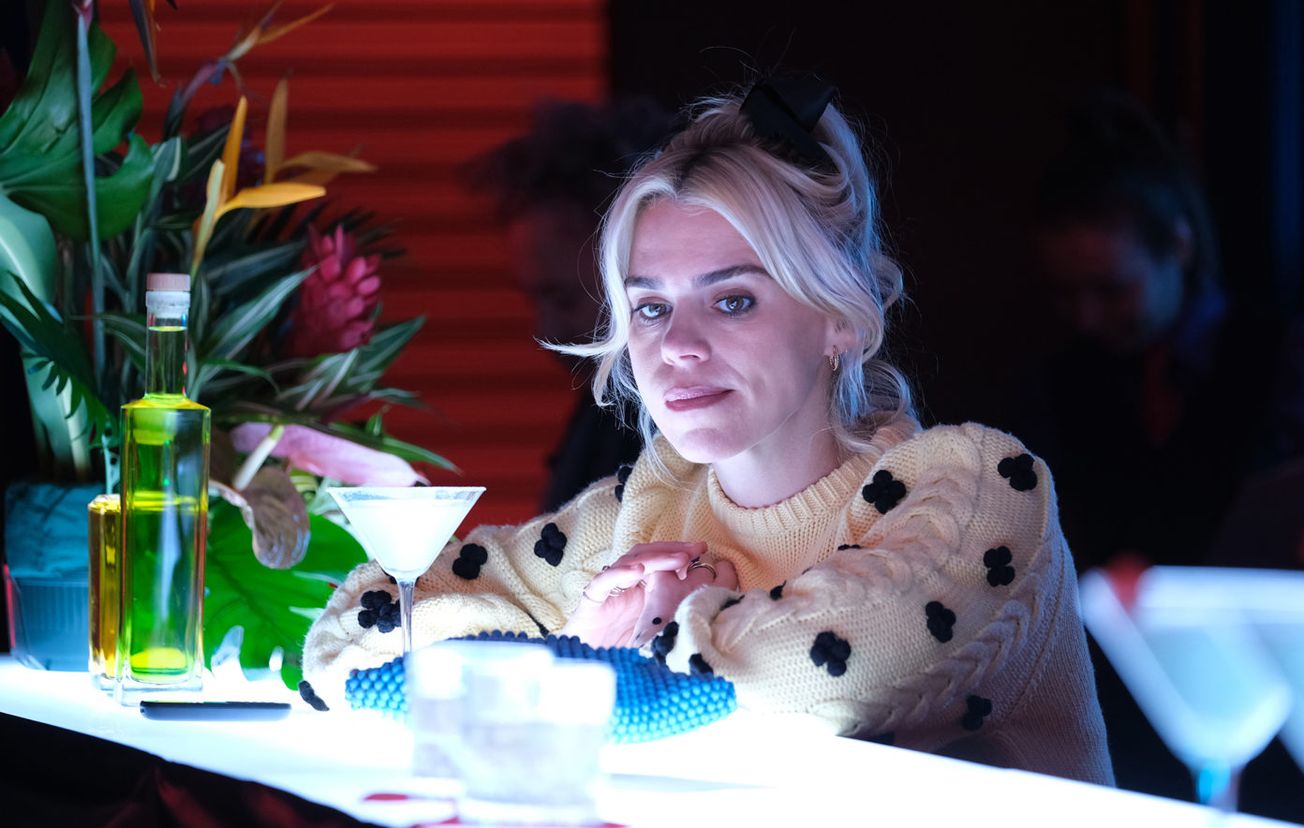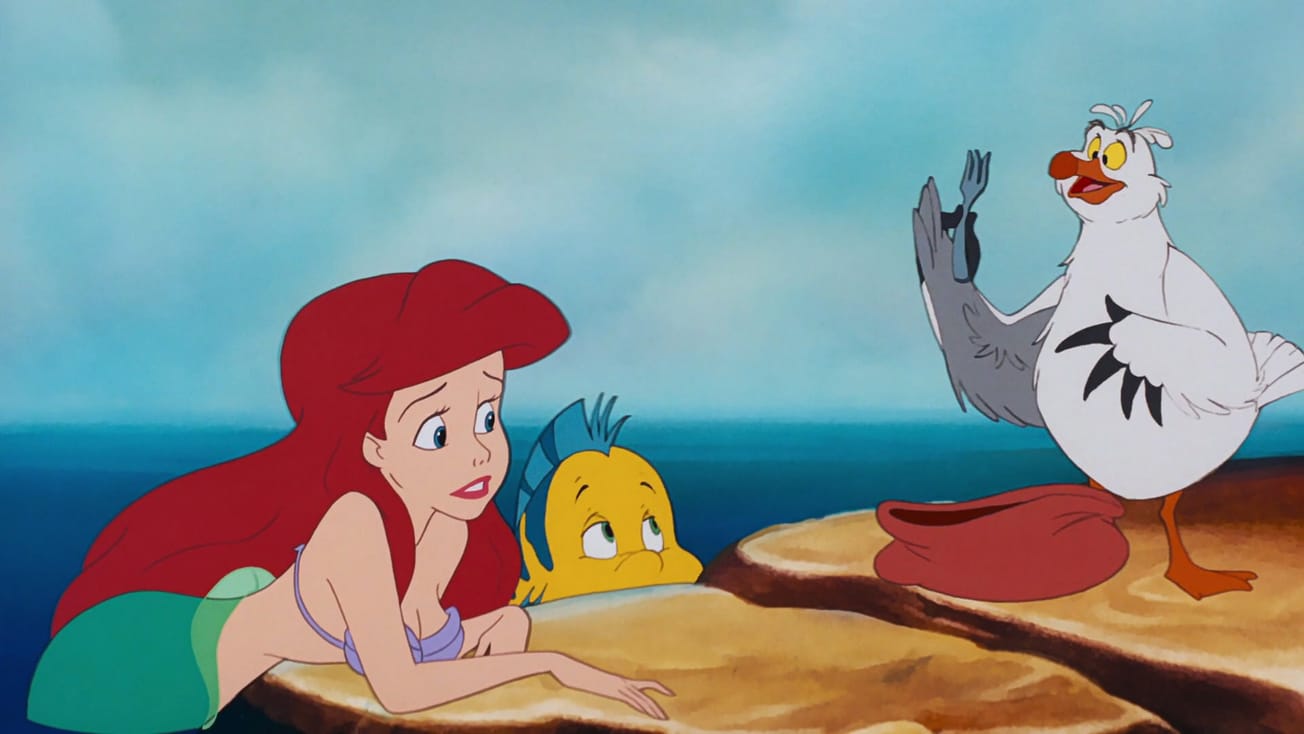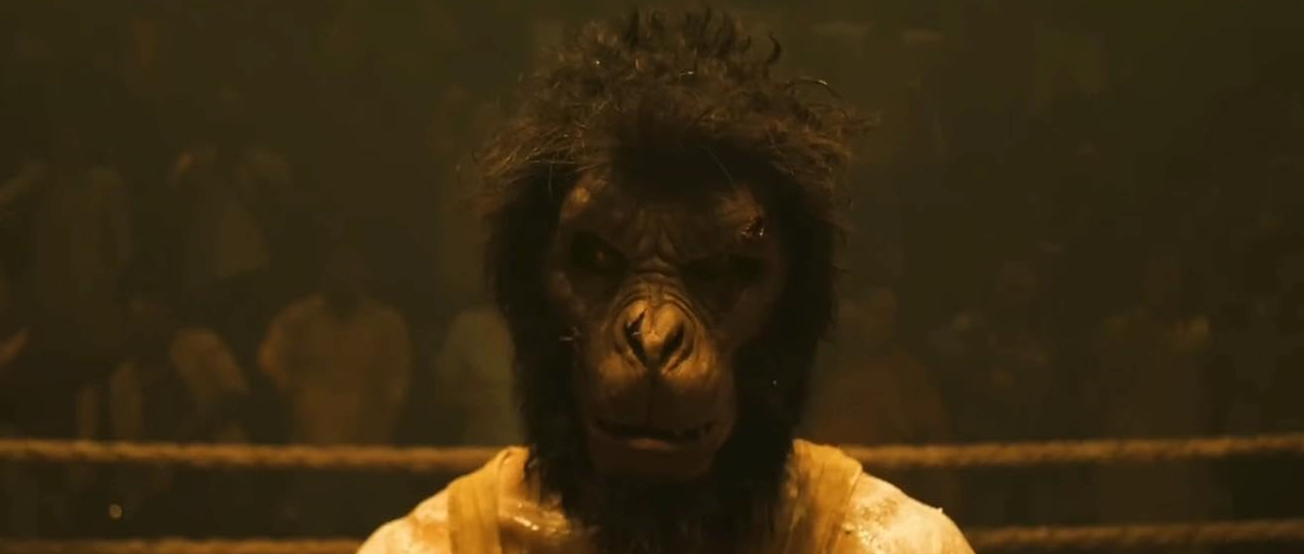By Ben Carpenter, Second Year, Film & Television
Debuting on Sky Atlantic this August, Billie Piper makes her much anticipated return to British television as Suzie Pickles, child star turned not-so-serious actress whose life is turned upside down after a series of compromising sexual images of her are leaked online, in I Hate Suzie (2020).
In the first episode we see our titular character discovering the news of her leaked images just prior to an extremely stressful photo shoot. Tentatively titled Shock, this episode presents the formula the entire series uses; a different emotion to encompass a different episode. Throughout the 8-episode miniseries we are shown Suzie going through every emotion you would expect given the circumstances; denial, shame and of course anger being three.
In recent years many shows have toyed around with non-linear narratives and delineated time. A prime example of this is Kiefer Sutherland’s drama, 24 (2001-2014). I Hate Suzie is a fantastic example of a show that takes an abstract narrative approach and pulls it off seamlessly. Limiting the narrative scope of a series with just one emotion for each episode may seem equally damaging to the story as it is productive.
I Hate Suzie proves that with the right amount of talent both in front of and behind the camera, what may seem limiting can in fact be hugely advantageous to both the plot and it’s lead. As Suzie, Billie Piper shines in what is easily her strongest performance to date. Creating the series with long-time collaborator Lucy Prebble, Piper seems so comfortable in the role of Suzie you forget Suzie isn’t real, with each different emotion providing a largely different insight to an aspect of Suzie’s personality; a personality you really can’t decide whether you love or hate.
Aside from Piper’s outstanding performance, Prebble’s writing carries the show past great to ground-breaking, using each emotion as the perfect opportunity to show the highs and lows of celebrity life and the ‘scandals’ that have become standard in the media, all from an inside perspective.

In deciding to show aspects of Suzie’s childhood, her previous acting projects, her professional, personal and even sexual life, Prebble provides the viewer with a well-rounded representation of who Suzie Pickles is and it is with this in mind that you can find the series’ strongest feature: I Hate Suzie seems to be almost completely objective.
By doing this, the show avoids many of the faults and pitfalls of other female-led comedy-dramas such as Sex and the City (1998-2004) and Desperate Housewives (2004-2012), in that many shows of this calibre, despite their quality and place in popular culture, spend much of their time attempting to paint their female protagonists as likeable regardless of their often immoral actions. I Hate Suzie makes no attempt at this, showing Suzie as narcissistic, paranoid, selfish and delusional whilst never attempting to justify a single part of it. Of course ,the softer and more loving sides of Suzie are shown, however these are never shown as redeeming features of her personality but instead just a different side to her.
Suzie is multifaceted. Suzie feels like an actual person. And that’s a rare find in television.
Featured: Youtube, Sky Atlantic
Have you seen I Hate Suzie? Let us know!








